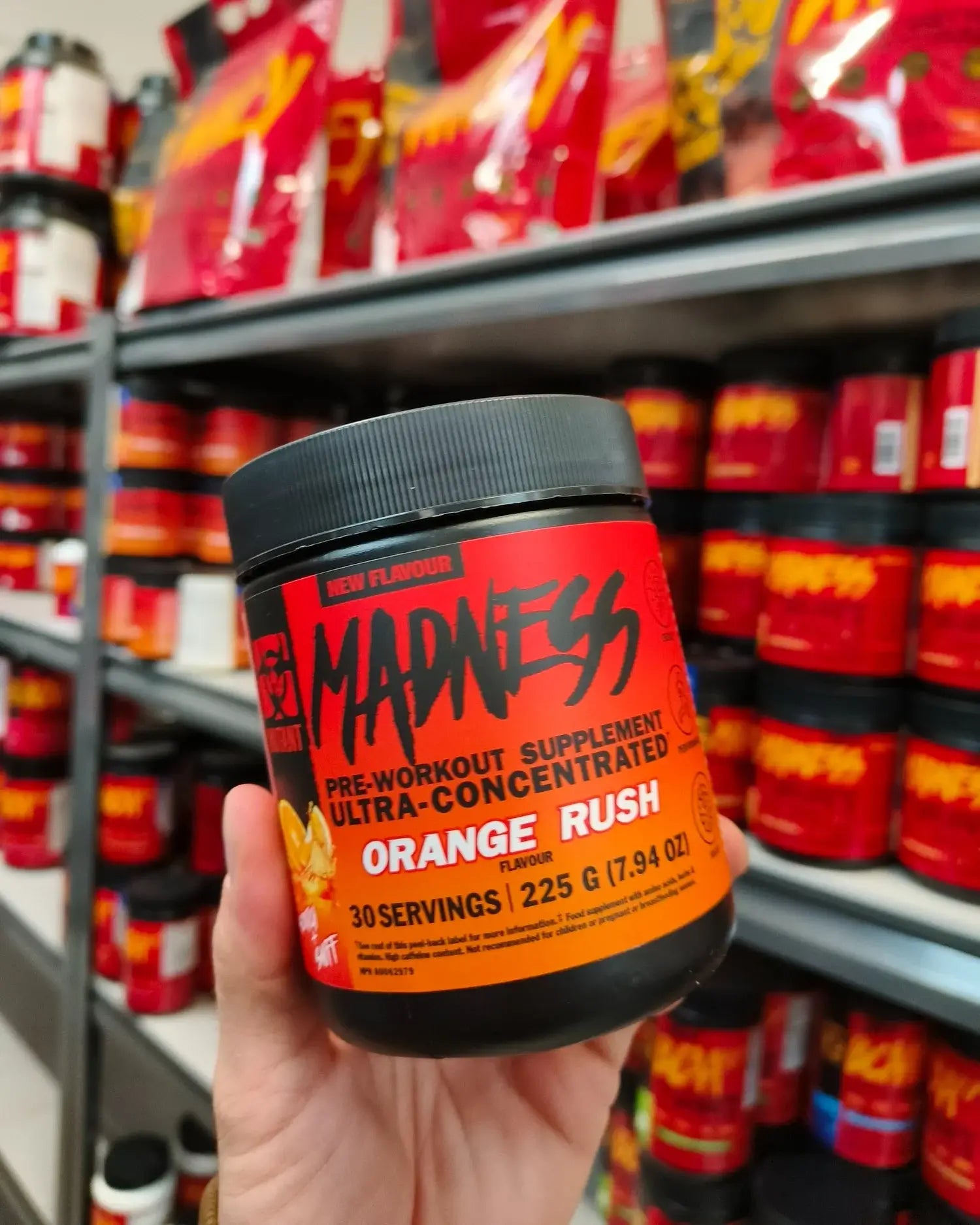Shopify SEO: Leveraging Trending Keywords for Your Niche
SEO for Shopify
shopify
shopify SEO

In the dynamic world of ecommerce, standing out is no piece of cake. This is where the power of SEO marketing comes in.
SEO allows you to attract the right audience to your Shopify store thus bringing in more conversions. One of the most effective ways to boost your Shopify SEO strategy is by leveraging trending keywords specific to your niche.
Let us discuss the ins and outs of Shopify SEO, the benefits of trending keywords, and practical tips on how to use them effectively.
A Basic Understanding of Shopify SEO
Before we go into the details of keyword strategies, let us take a moment to understand what exactly is Shopify SEO marketing. At its core, Shopify SEO is optimizing your online store to appear higher in search engine results pages (SERPs) for relevant keywords. It includes various elements such as:
- On-page SEO: It involves optimizing individual pages to improve their ranking in search results. This includes incorporating relevant keywords into titles, meta descriptions, and content.
- Technical SEO: It entails making your website crawlable by search engines, which includes optimizing site speed, mobile friendliness, and URL structure.
- Off-page SEO: It involves generating backlinks and social signals to increase your store's authority and visibility online.
SEO helps you to significantly increase organic traffic and improve visibility to your Shopify store.
Now that we have a basic understanding, we will now discuss the role of keywords in Shopify SEO.
Keywords form the backbone of SEO services. They are the words and phrases that potential customers use when searching for products or services online. By targeting relevant keywords, you can bring quality traffic to your Shopify store, resulting in improved conversion rates.
But why focus on trending keywords?
Trending keywords are terms that are currently gaining popularity in search queries. Focusing on these keywords offers several benefits:
- Increased Visibility: Using trending keywords will help you get the attention of users looking for the latest products or services in your niche.
- Relevance: Using trending keywords keeps your content relevant to current market trends, allowing you to effectively address client needs.
- Competitive Advantage: By discovering and implementing keywords before they become popular, you can put your Shopify store ahead of competition.
How To Research Trending Keywords For Shopify SEO?
To leverage trending keywords effectively, you first need to identify them. Let us explore how you can do keyword research:
Use keyword research tools
Tools like Google Keyword Planner, SEMrush, and Ahrefs are extremely useful for identifying trending keywords. These research tools provide information on search traffic, competition, and similar keywords.
For example, if you run a Shopify store that sells eco-friendly products, you can come across trendy terms such as "sustainable fashion" or "biodegradable packaging" while conducting research.
Analyze competitors
Consider what keywords your competitors are targeting. Tools like SimilarWeb and SpyFu can help you evaluate their SEO methods.
For example, if a competitor's blog post titled "10 Best Eco-Friendly Products for 2024" is performing well, consider writing something similar using trending keywords related to eco-friendliness.
Monitor Social Media Trends
Social media platforms such as Twitter, Instagram, and Pinterest can provide real-time updates on what's popular. To find trending topics search hashtags relevant to your niche.
For example, if you notice an increase in hashtags such as #sustainableliving or #greenproducts, this could indicate trending keywords to target.
Use Google Trends
Google Trends is an excellent tool for tracking the popularity of search queries over time. By entering relevant terms, you can assess whether interest is increasing or declining.
If you observe that demand in "sustainable products" is gradually increasing, it's a strong hint to include this keyword in your Shopify SEO strategy.
How To Use Trending Keywords In Your Shopify Store?
Once you’ve identified trending keywords, it’s time to integrate them into your Shopify store effectively. Let us find out some of these essential tips:
1.Optimize product pages
Your product pages are critical to SEO. Ensure that each page contains:
- Title Tags: Include trending keywords in your product titles. Instead of simply labelling a product "Reusable Water Bottle," try "Eco-Friendly Reusable Water Bottle - Perfect for Sustainable Living."
- Meta Descriptions: Create engaging meta descriptions that include trending keywords. This text displays in search results and can impact click-through rates.
- Product Descriptions: Use trending keywords in your product descriptions. Avoid keyword stuffing; instead, focus on providing useful information about the product while integrating keywords.
2.Create high quality blog content
Blogging is an effective strategy to improve your Shopify SEO by leveraging trending keywords. Consider writing posts on themes related to your niche and trending keywords.
For example, if you offer fitness items, you can talk about "The Best Home Workout Equipment for 2024." You can then optimize this content for search engines by using trendy keywords such as "fitness gear for home" and "workout home quipment."
3.Try internal linking
You should link your blog posts to product pages, and vice versa, obviously. This not only improves the user experience, but also helps search engines grasp the structure of your website.
For example, if you write a blog post about sustainable living, link it to relevant products in your business, such as reusable bags or organic cleaning supplies.
Hint: You can also read our comprehensive guide on how to use Shopify SEO to climb google search engines fast.
- Optimize images
Images play an important role in Shopify SEO. You should ensure that your photos are optimized for:
- Use descriptive file names with trending keywords. Instead of "IMG1234.jpg," type "eco-friendly-reusable-water-bottle.jpg."
- Always include alt text for images with relevant keywords. This improves accessibility and allows search engines to index your photographs.
Monitoring and Adjusting Your SEO Strategy
SEO calls for constant monitoring and modification; not just a one-time effort. Let us discuss some of the ways to make necessary adjustments in your strategy:
Use analytics tools
Tools like Google Analytics and Google Search Console can help you understand how well your Shopify store is working.
Track metrics like organic traffic, bounce rates, and conversion rates to assess the impact of your SEO tactics.
Keep an eye on keyword rankings
Check the SERP rankings for your target keywords on a regular basis. If you see that some keywords are performing poorly, you should consider changing your content or researching new trending keywords.
Adjust to changes in trends
Market trends could change quickly. Stay informed about the latest developments in your niche to ensure your content remains relevant.
This could include upgrading existing posts with new material or including new keywords.
Collect Customer Feedback Engage with your customers
Engage with your customers to understand what they’re looking for. Feedback can guide your keyword research and content creation.
For instance, if your customers frequently ask about sustainable product options, consider developing more content around that topic.
Conclusion
Using trending keywords is crucial in improving your Shopify SEO strategy in the highly competitive ecommerce market. You can raise your store's visibility, bring in more targeted customers, and eventually increase sales by knowing how to find and use these keywords efficiently.
Remember that SEO is a continuous process that requires frequent monitoring and modification. Whether you handle it in-house or seek professional SEO services, prioritizing trending keywords will undoubtedly enhance your Shopify marketing efforts and set you on the path to success.
With these tips, we think that you'll be well on your way to being an expert in Shopify SEO. Put these tactics into practice right now, and see how your Shopify store thrives!
CrawlApps
At CrawlApps, we don’t just build Shopify stores—we create experiences that sell. We’re a bunch of problem-solvers who love turning ideas into stores that actually converts. Whether it’s fixing what’s broken or building something from scratch, we make sure every detail works in your favor. No fluff, no jargon—just real solutions that help your business grow. If you’re serious about Shopify, you’ll feel right at home with us.















